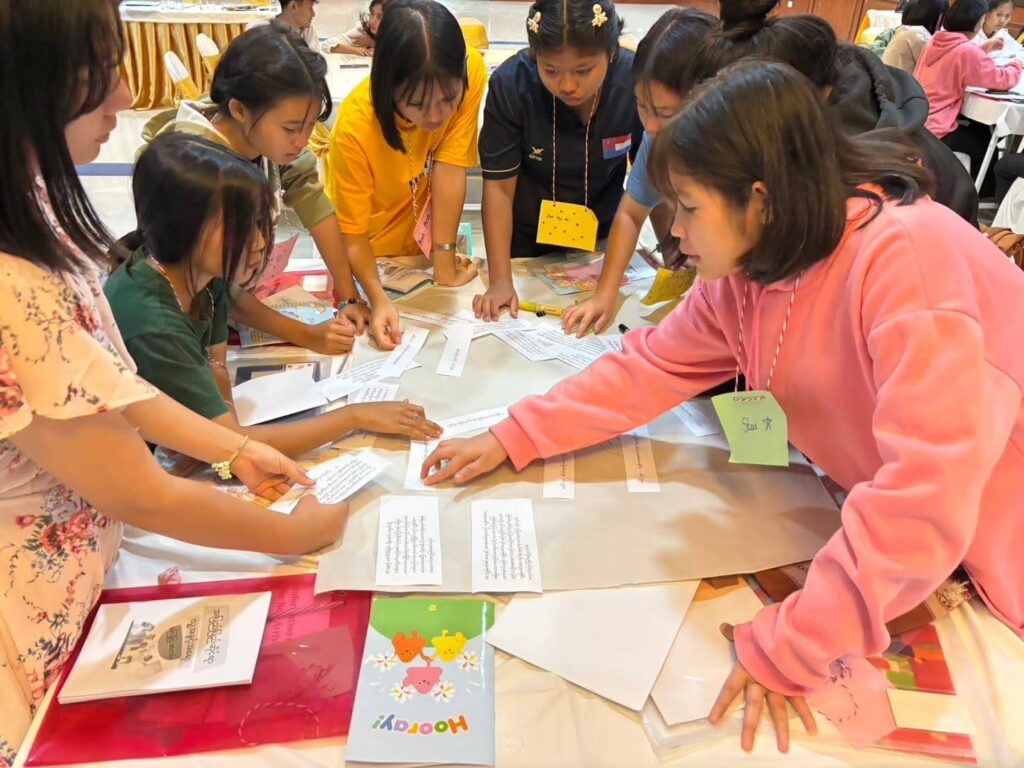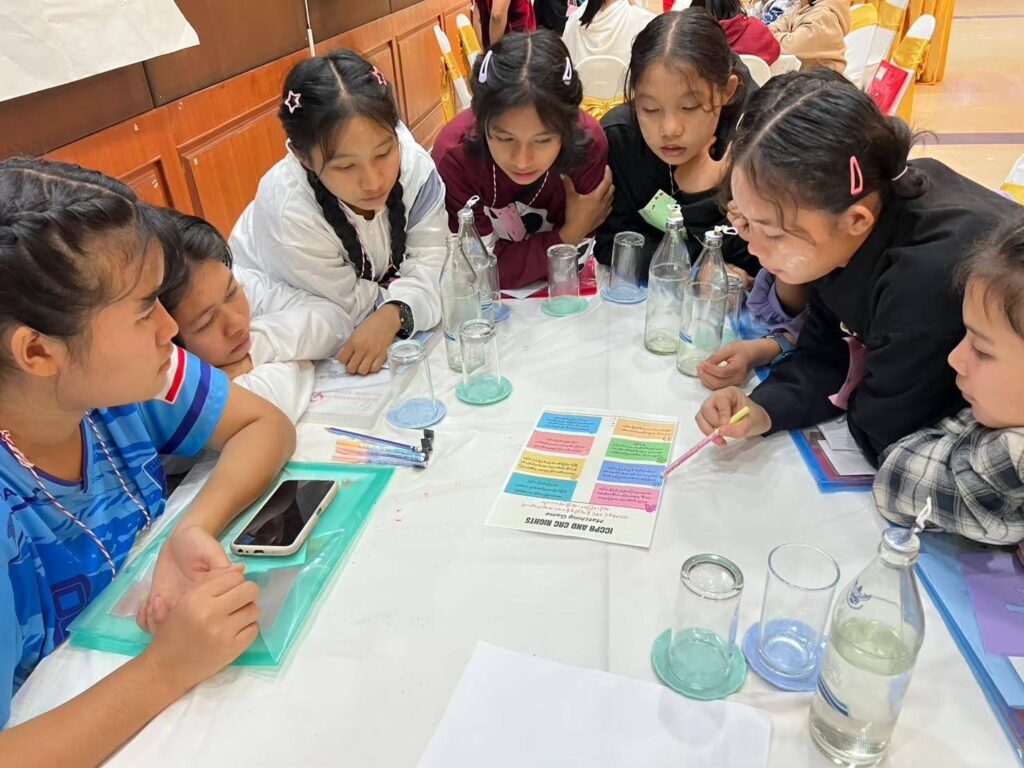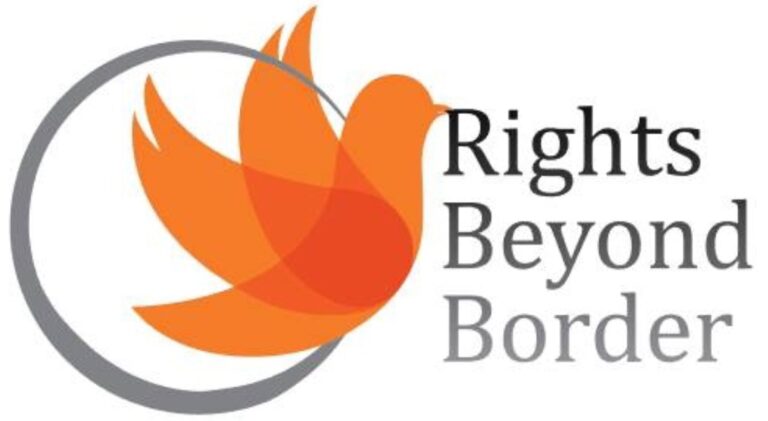Myanmar Response Program

The Myanmar Response Program works to strengthen advocacy, protection, and resilience for Myanmar new arrivals through multi-level collaboration. The project builds the capacity of young activists and CSOs on human rights and democracy, supports national and local networks to advance policy advocacy, and creates platforms for joint advocacy events. By linking grassroots efforts in Mae Sot with national-level advocacy in Bangkok, the project contributes to stronger protection mechanisms, informed policy development, and greater inclusion of Myanmar communities in Thailand. The project also enhances access to information and services through the Information Hub (I-Hub), ensuring new arrivals receive accurate, reliable information, and updated resources.
Project Actions
The project builds on past achievements to strengthen advocacy, protection, and resilience for Myanmar new arrivals through five key actions. First, it advances the capacity of young activists and CSOs by equipping them with deeper knowledge and practical advocacy skills in human rights and democracy. This not only enhances their ability to engage with international and regional mechanisms but also fosters collaboration and exchange among civil society actors.
At the national level, the project supports the Myanmar Response Network (MRN) as a platform for policy advocacy and protection. By connecting grassroots realities to decision-makers, MRN plays a critical role in influencing legal and policy reforms, strengthening collaboration across sectors, and ensuring recognition of rights for people affected by the conflict. Complementing this, local network meetings in Mae Sot bring together Thai and Myanmar-led organizations to coordinate responses, mobilize resources, and link local experiences to national advocacy, ensuring more effective and inclusive service delivery.
To further amplify voices at the community level, the project organizes joint advocacy events led by young activists and CSOs. These events aim to raise awareness of the challenges faced by new arrivals, promote solutions, and encourage stronger cooperation among stakeholders. Finally, the project strengthens access to information through the I-Hub, a web-based platform providing accurate resources on protection, legal rights, psychosocial support, and education. With timely updates and referral support, the hub empowers new arrivals to navigate challenges and access services while building greater resilience.

